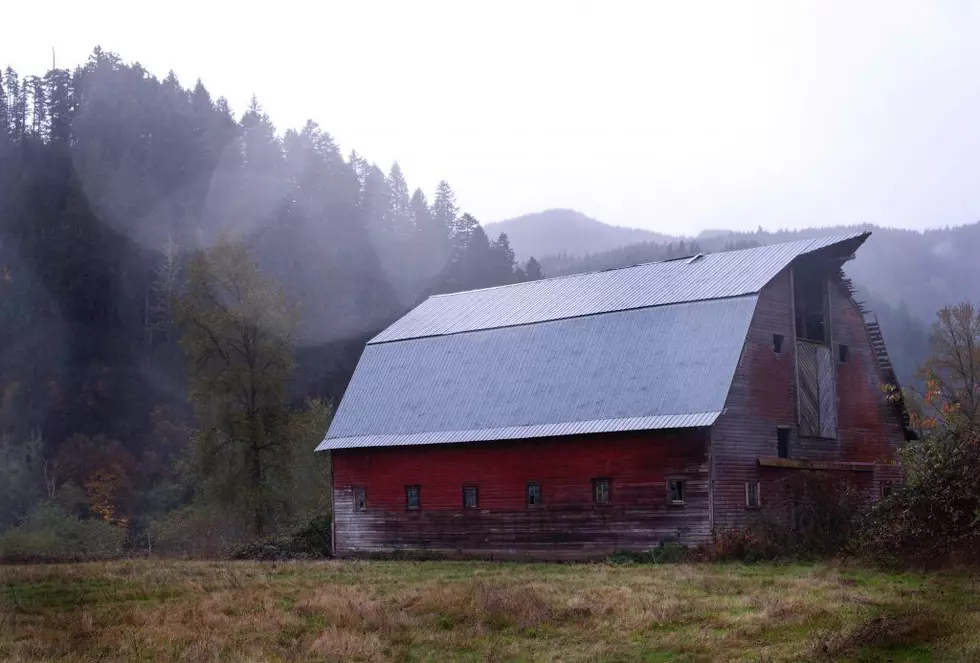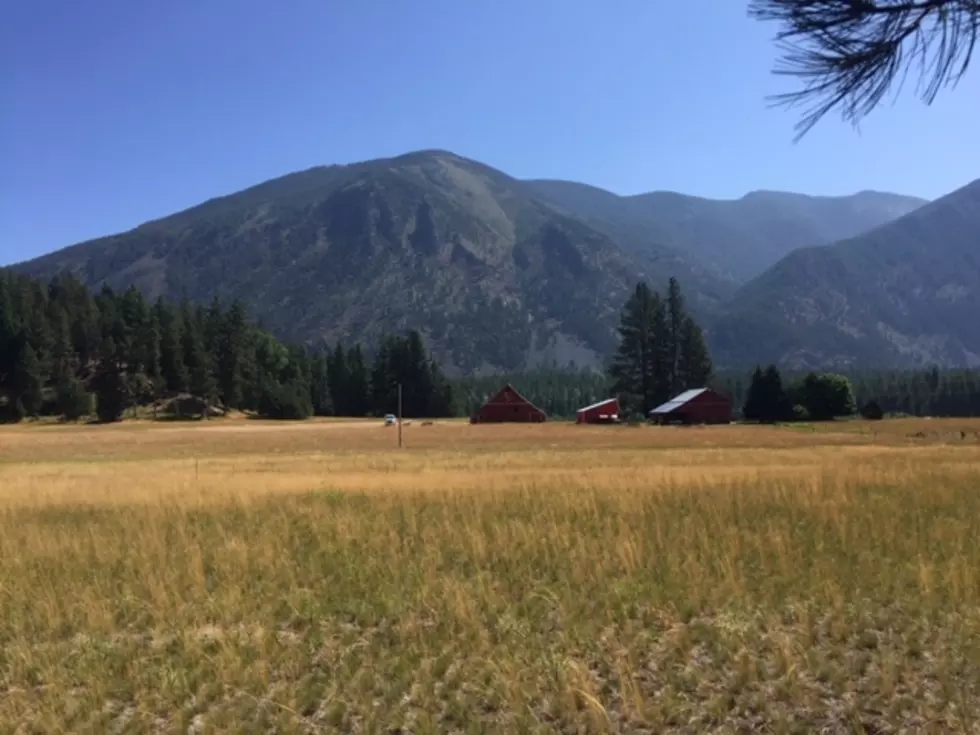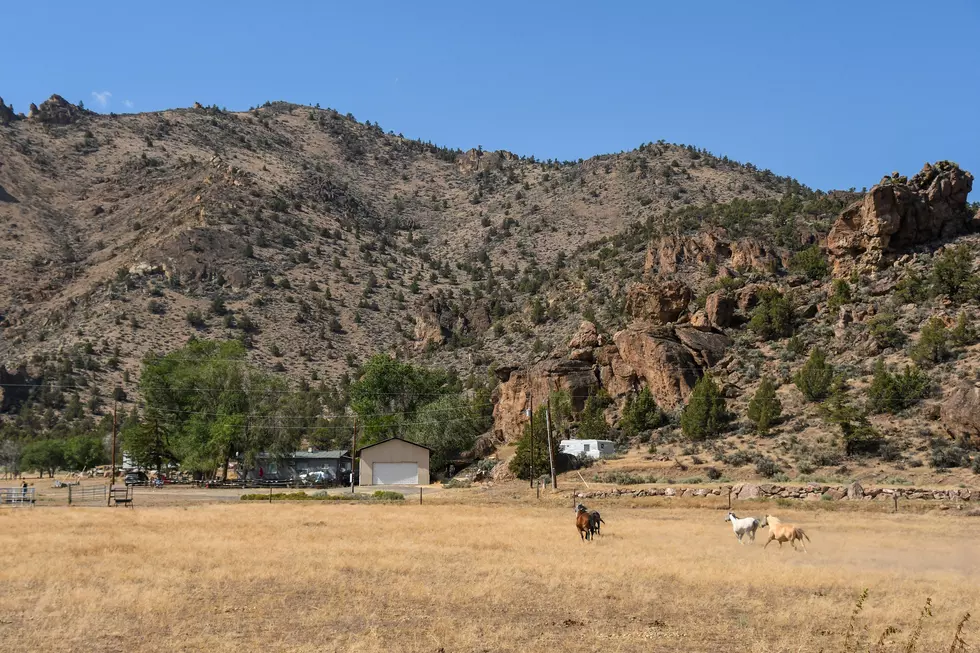
Iverson: 2020 A Challenging Year For Oregon Farmers But Not Just Because of COVID-19
This was a difficult year for Oregon farmers, but not just because of the coronavirus pandemic. Oregon Farm Bureau President Barb Iverson said the year started off with a difficult legislative session in Salem that focused on climate change, and taxing small businesses. She noted from the very start of the year, the Oregon farming community was not being heard, and did not have a “seat at the table”.
And then came pandemic in March and April, which shutdown food supply chains, leaving many producers without a destination for their commodity. But as Iverson pointed out, many of the pressures the farm community is facing now, started well before the pandemic.
She said it’s been challenging, for example, to get the needed labor, and the past nine months have made that even more difficult.
“[One of our farmers] went from 150 employees down to three. He said, ‘I see it coming, we can’t afford them any more we have to change what we do. And I’m not playing that game. When I look at my margins and what I have to do, it’s not worth it anymore.’ And I’m seeing that time and again by local, small farmers.”
Iverson added she worries about sustainability for Oregon farms. She noted that margins are very thin, and when the USDA announced that farm income is at the highest level since 2013, that does not reflect what Oregon farmers are facing.
“They apply that over the entire United States, well we’re not corn, beans, soybeans like the Midwest. And, 40% of that is support payments or different USDA programs that happened this year [because of COVID]. But, Oregon is different, we have 250 different crops and commodities that we can grow here and it affects all of us different.”
What does Iverson expect as we move into 2021? Listen to our entire podcast to find out.
If you have a story idea for the PNW Ag Network, call (509) 547-1618, or e-mail gvaagen@cherrycreekmedia.com
More From PNW Ag Network









